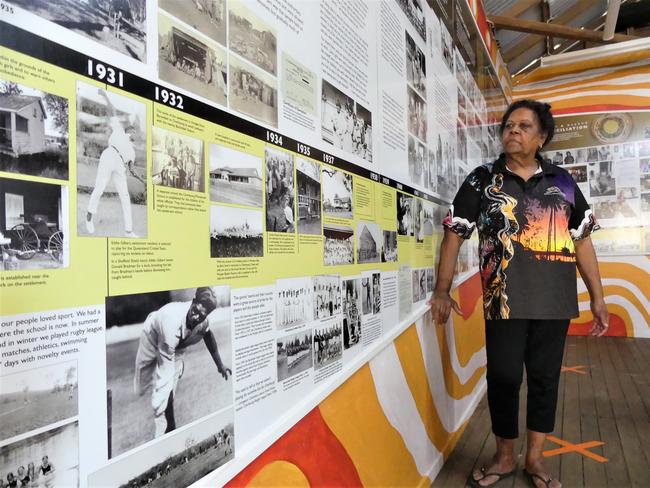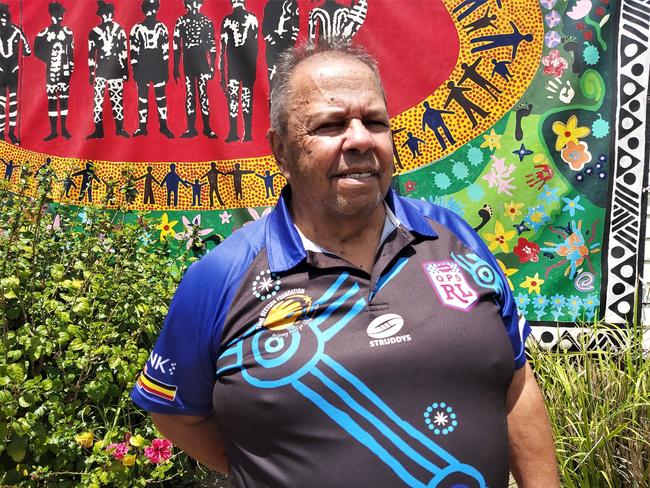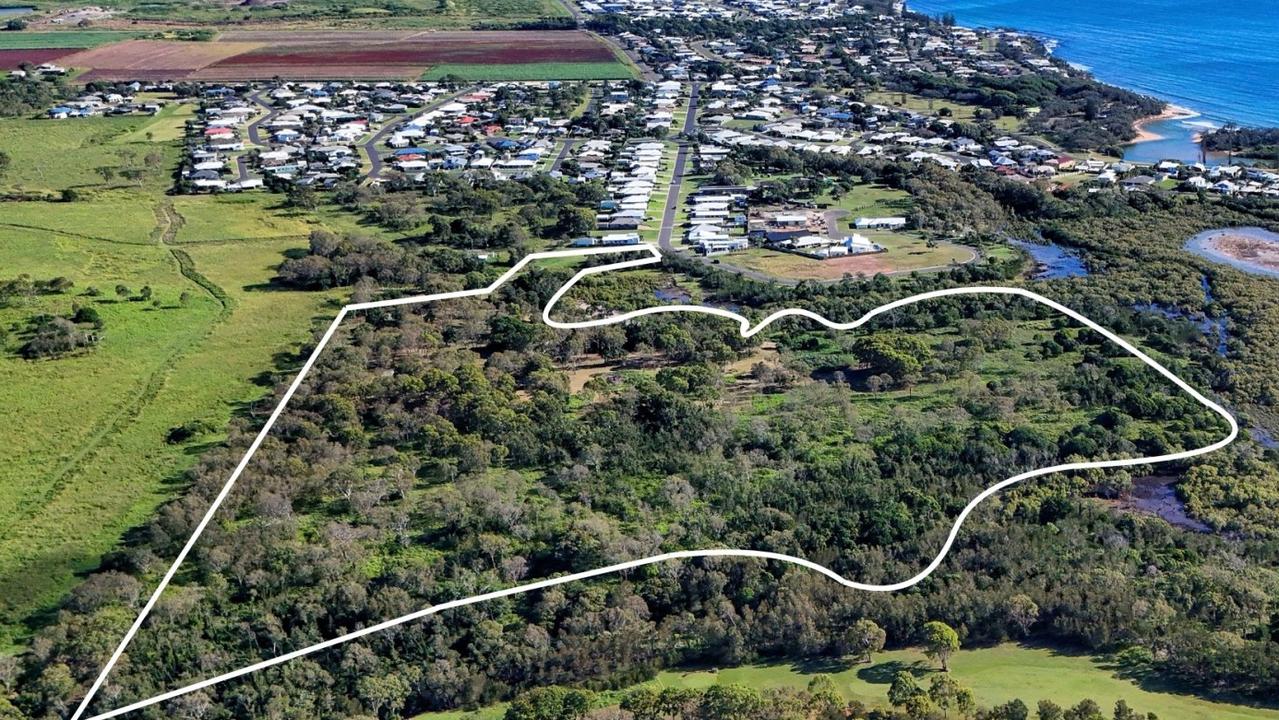COVID lockdown law awakened past trauma for Cherbourg elders
CREDITED with keeping the community safe, strict regulations succeeded in keeping Cherbourg COVID free. But for many elders, the permit system was all too familiar.

Community News
Don't miss out on the headlines from Community News. Followed categories will be added to My News.
AT THE peak of the global pandemic, Cherbourg faced the toughest restrictions of any region in the South Burnett.
While this was a critical step toward maintaining the health and safety of the vulnerable Indigenous community, the strict regulations were all too familiar for many elders who were struck with a sinister sense of deja vu.
The Aborigines Protection Act resulted in Aboriginal children snatched from their parents, segregation between Indigenous and white people, and locals of Cherbourg confined to a strict set of rules within their own home - just to name a few of the human rights violations implemented throughout the 1900s.
One that has resurfaced this year - with newly benevolent intentions, but nonetheless identical execution - was the permit system, introduced to minimise travel to and from Cherbourg, and with it, potential exposure to the coronavirus.
"Back in the day, you had to get a permit to go into Murgon," Cherbourg Elder Uncle Eric Law recalled.
"A permit gave you a time of when you left and when you should be back here. Any breaches of that permit and you were in trouble."
According to Uncle Eric, if a person failed to return to Cherbourg within the two hour window, their fate was in the hands of the superintendent.
"He would have been able to send you to Palm Island or Townsville for the rest of your days. Regardless of whether you had a family here. And, technically, this only finished in 1986," he said.
"One of the things with this pandemic that we have now, we had to get a permit to go into Murgon … again. Today. 2020."

As a young girl living under the Protection Act, Ration Shed chairwoman Aunty Sandra Morgan said she didn't understand the permit system, and as a result, unknowingly ended up a fugitive in Queensland.
"I didn't really understand the permits when I was young. Even when I was 21, I told my mum I was going to head up to Northern Queensland."
"She said, 'well you're a woman now, you can go' - she didn't understand about the permits either. I didn't know until years and years later that I was a fugitive. There were police looking for me in Townsville and I never knew that."
"Under the act, we weren't allowed to leave town without the superintendent knowing. If we needed to leave, we'd get on the truck to Murgon, and had to be back on the truck two hours later."
Once in Murgon, Sandra recalls a number of strict rules that had to be followed. Rules that ensured Indigenous visitors to the small town were treated as second class citizens.
"We weren't allowed here, weren't allowed there, 'stand back', 'wait'," she said.
"You'd have to wait back and make sure all the non-indigenous people were served first."
"And when my brother came back from Vietnam, he wanted to take us all out to tea, but he wasn't allowed in the RSL or the Australian. Not at all. It really hurt his feelings."
Despite the COVID-19 restrictions proving a painful reminder of Australia's discriminatory past, Uncle Eric said he was surprised and delighted by how the community responded to the lockdown.
"This community reacted to the rules and the coronavirus very admirably. I must admit, I didn't think they had a chance," he said.
"I would have thought they'd have rebelled against it, but in reality, they took it on and said if we're going to be safe, we're gonna have to do this."
The seriousness of the virus, particularly within Aboriginal and Torres Strait Islander communities, was acknowledged right from the beginning in Cherbourg, with council working quickly to ensure the elders were kept safe.
In a joint statement back in March, former Cherbourg Mayor Arnold Murray and Chief Executive Officer Chatur Zala identified the virus as the "single largest threat to our community's health", calling a meeting with the Cherbourg Local Disaster Management Group, stakeholders, and community service providers.
The check point system was implemented early on to "stop all unnecessary movement into and out of Cherbourg" with the exception of essential services.
As the community went into lockdown, Mr Murray repetitively assured the community that "this checkpoint is not about keeping people in, it's about keeping the virus out."
The checkpoint was removed on July 3, as restrictions eased across the state.



